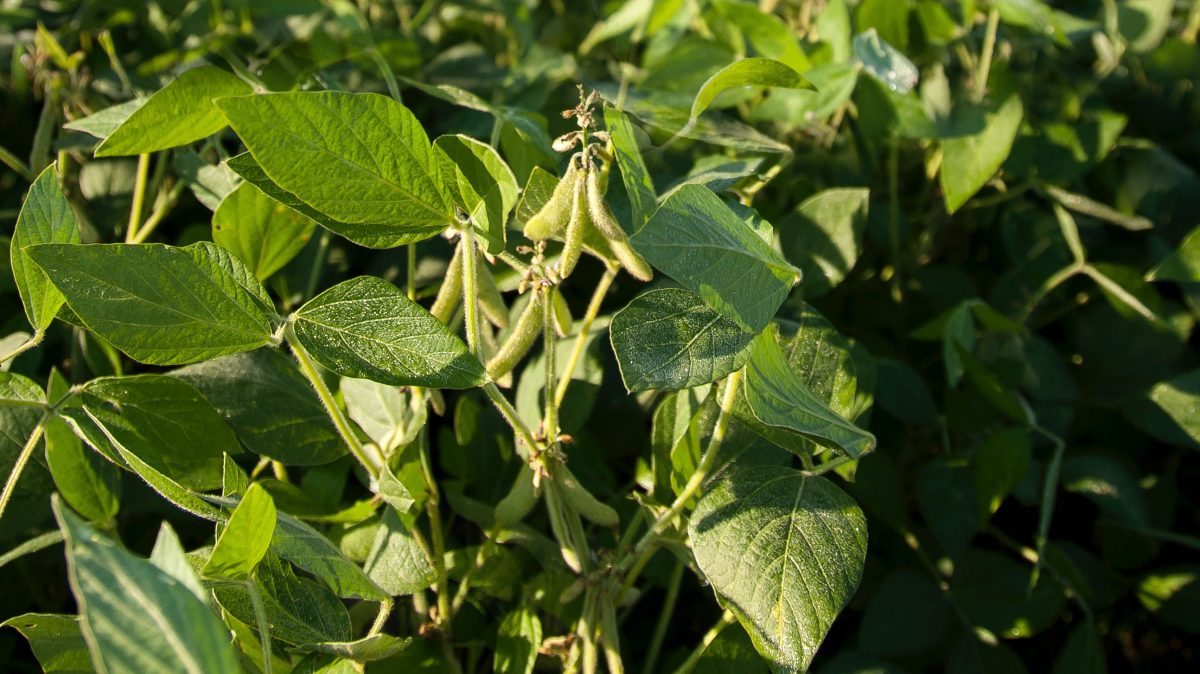Growers Frustrated Again with EPA Decision
Mike Tomko
Director, Communications

photo credit: Mark Stebnicki, North Carolina Farm Bureau
Mike Tomko
Director, Communications
Growers are again expressing frustration over the Endangered Species Act biological evaluations released by EPA. As with the draft BEs last August, the final BEs are overly conservative and in some instances fail to use important data. As a result, grower groups—including the American Soybean Association and American Farm Bureau Federation—are concerned the BEs drastically overstate the impact of the pesticides on endangered species and their habitats.
The BEs for several neonicotinoid pesticides, including imidacloprid, thiamethoxam, and clothianidin, do not incorporate scientific and commercial data that could have provided a more realistic picture of the potential impact of the chemistries on species. For example, nearly all applications of neonicotinoids in soybeans are made as seed treatments, using a minuscule amount of pesticide buried underground where it is far less likely to impact species or habitat. However, the final BEs assume growers exclusively make foliar spray and soil applications using many times more active ingredient than is reflected by real-world USDA and market survey data. The BEs also continue to assume a species will be adversely affected if only one individual in a species is impacted, which greatly inflates effects assessments.
Despite the groups pointing out these shortcomings in draft BE public comments, EPA doubled down on using inappropriate and overly cautious assumptions in its final BEs, which leads to significant overestimations on the impact on species.
American Farm Bureau Federation President Zippy Duvall said, “For generations, farmers and ranchers have taken care of our natural resources and taken significant steps to protect natural habitats and wildlife. We take our responsibility to be good stewards of the land seriously. Farmers use pesticides precisely and also utilize technologies to minimize impact, which has allowed us to produce more food with fewer resources. But EPA’s flawed overestimation of farm pesticide use could lead to lower yields as farmers lose access to important crop protection tools.”
Brad Doyle, soy farmer from Arkansas and president of the American Soybean Association, expressed, “Growers have time and again pointed EPA to real-world data to improve their endangered species assessments, which the agency has again chosen to disregard. It’s frustrating because conservative assumptions inflate the number of species EPA claims are likely to be adversely affected, which in turn creates more work for the agencies. By law, EPA must formally consult on every species it determines may be affected, even if the agency could rule out many species by using better data.”
Press Contact
Mike Tomko
Director, Communications
(202) 406-3642
miket@fb.org
Bailey Corwine
Media Relations Specialist
(202) 406-3643
baileyc@fb.org
Top Issues
VIEW ALL